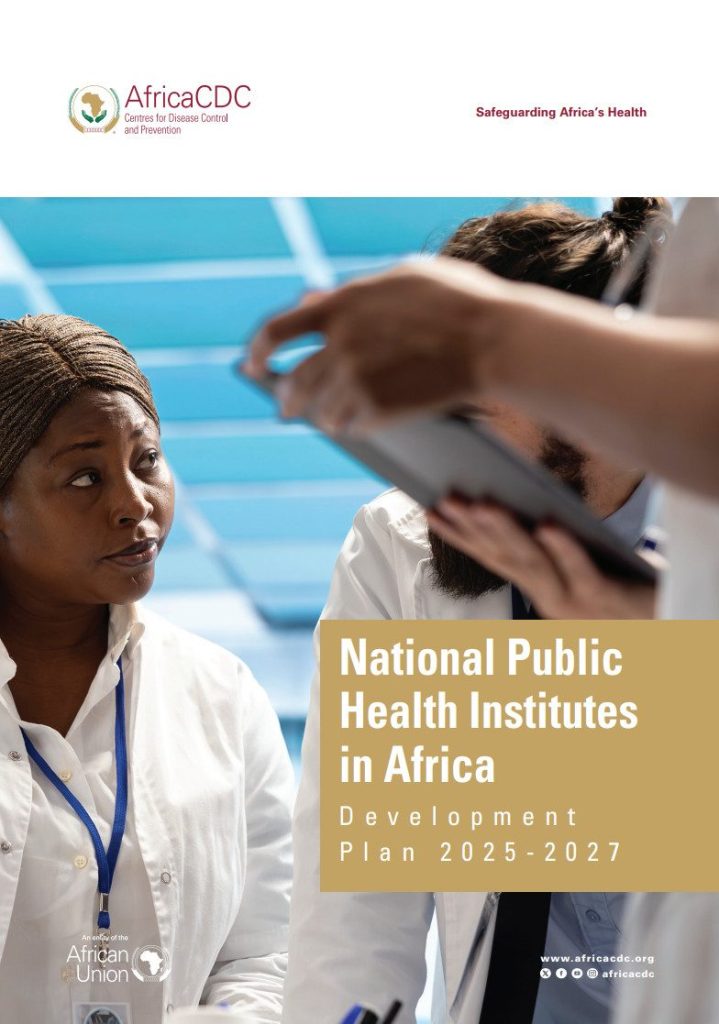EXECUTIVE SUMMARY:
Strong national public health institutes (NPHIs) are vital for ensuring national health security as well as effective cross-border collaboration and coordination in addressing health threats. Despite their critical role, the landscape of NPHIs across Africa shows significant gaps. In 2022, an Africa Centres for Disease Control and Prevention (Africa CDC) assessment revealed that only 19 of the 55 African Union (AU) Member States had fully established NPHIs, with 21 Member States still in the process of setting up NPHIs and 15 yet to initiate the establishment. Of the 19 established NPHIs, 14 were empowered with corresponding legal instruments, and only nine had a current strategic plan. By 2023, four additional Member States achieved full NPHI status, increasing the total number of NPHIs to 23.
Th establishment of NPHIs on the continent is also fraught with challenges such as inconsistent policies, a lack of political commitment, inadequate infrastructure and insufficient technical capacity, among others. This highlights the pressing need for a concerted effort and strategy to enhance the development and operational functionality of NPHIs across Africa to ensure better prevention and response to public health threats.
Recognizing this need and the role of NPHIs in ensuring health security across the continent, the Africa CDC has prioritized the strengthening of NPHIs as a critical pillar of both the New Public Health Order and the Africa CDC Strategic Plan 2023-2027. To aid the realization of this goal, the Africa CDC has developed a Plan for the Development of National Public Health Institutes in Africa 2025-2027. The goal is to ensure that NPHIs are not only present in every Member State but are also empowered with the necessary legal frameworks, resources and expertise to effectively lead Africa’s health security efforts.
This will be achieved through four strategic prongs:
STRATEGIC OBJECTIVE 1
Support the establishment of NPHIs in all African Union Member States by providing technical assistance, legal guidance and set-up support to build robust national health systems.
STRATEGIC OBJECTIVE 2
Bolster the operational and programmatic functionality of NPHIs to a common and high standard by standardising operational and programmatic practices through capacity building, best practices and performance evaluations.
STRATEGIC OBJECTIVE 3
Designate and strengthen NPHI regional Centres of Excellence (CoEs) to lead advanced public health initiatives and foster regional collaboration through targeted resources and specialised training.
STRATEGIC OBJECTIVE 4
Strengthen governance, partnerships and collaboration to enhance NPHI development. This includes creating effective collaboration frameworks, supporting joint initiatives and engaging stakeholders across sectors.
The plan aims to create a robust network of NPHIs with legal and operational frameworks; enhance their capabilities through targeted technical assistance and capacity-building initiatives; and establish regional CoEs that can serve as benchmarks and support systems for other NPHIs.
A detailed implementation plan will follow.
